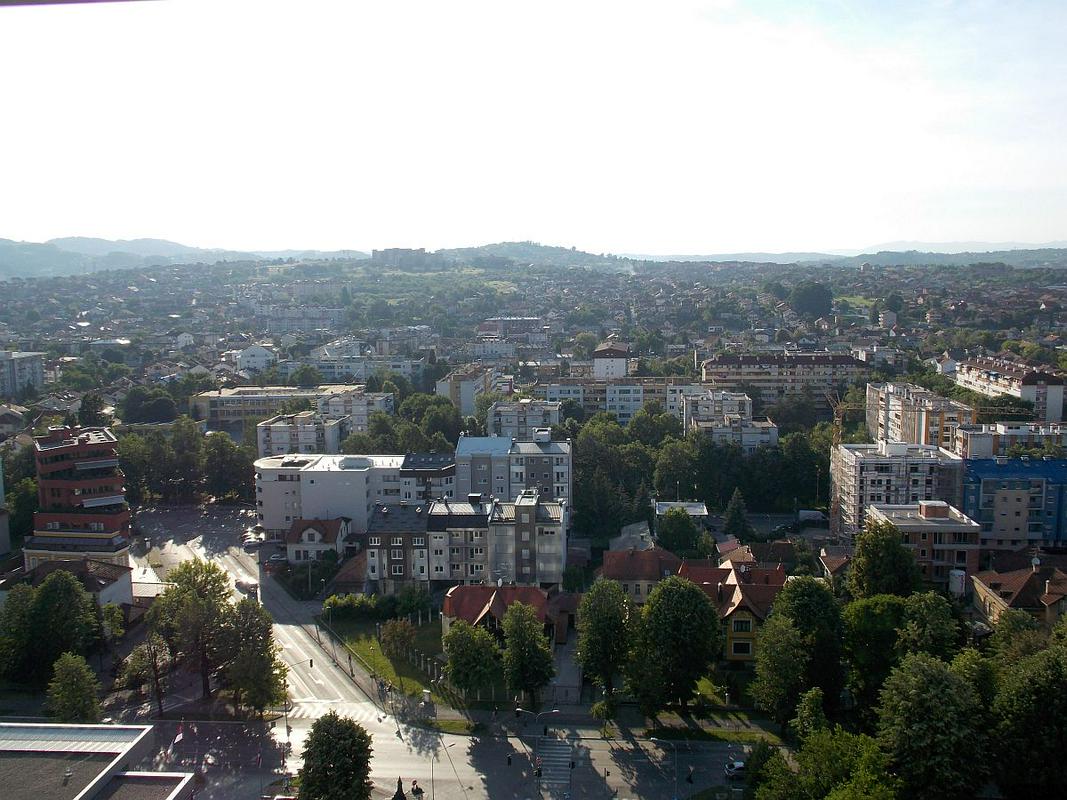
Throughout modern history, Slovenians who had struggled to make a living in their own land hadmoved abroad in search of better lives. One of the least known Slovenian communities abroad can be found in Bosnia-Herzegovina, near the town of Banja Luka.
The story of Slovenian settlement in the area began after World War I, when large swathes of Slovenian-inhabited territory were awarded to Italy. Within a few years, Mussolini rose to power and began a campaign of persecution against the Slovenians, who quickly became second-class citizens, and were eventually prevented from speaking their language. Many fled abroad, seeking a new life in the parts of Slovenia that formed a part of the new Yugoslav state or, in some cases, even as far away as Argentina. A few, however, made their way to Bosnia-Herzegovina and the town of Slatina.
Slatina had long been known for its thermal springs, and it was chosen by the Slovenian settlers in part because the hilly countryside reminded them of their homeland. The settlers brought a number of traditions with them, including the skill of winemaking, which is still evident in the form of vineyards around Slatina. The Slovenians were also noted for their forestry and beekeeping traditions. In all, some 58 Slovenian families settled in and around Slatina in the 1920s, and several Slovenian cultural associations were soon active in the area.
Over the decades, many Slovenians from the younger generations lost their proficiency in the Slovenian language, but they retained a strong sense of Slovenian national identity. During the Bosnian War of the 1990s, the area was taken over by the Bosnian Serb army, and many Slovenians were forced to leave Slatina. Some refugees moved to the ancestral homeland.
Others managed to stay, however, and now form a lively part of the local community. The Association of Slovenians in Republika Sprska organizes regular cultural events, dances and gatherings. Local schools now even teach the Slovenian language as an elective course, giving new hope that an unlikely island of Slovenian speakers will not just survive but also thrive in a land long known for being at the intersection of Europe’s cultures.

































































